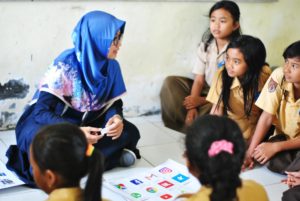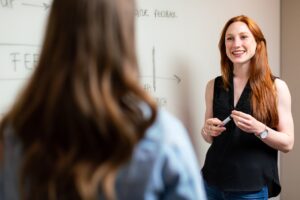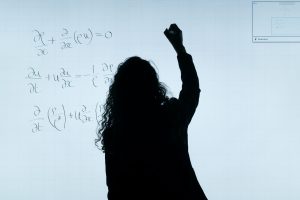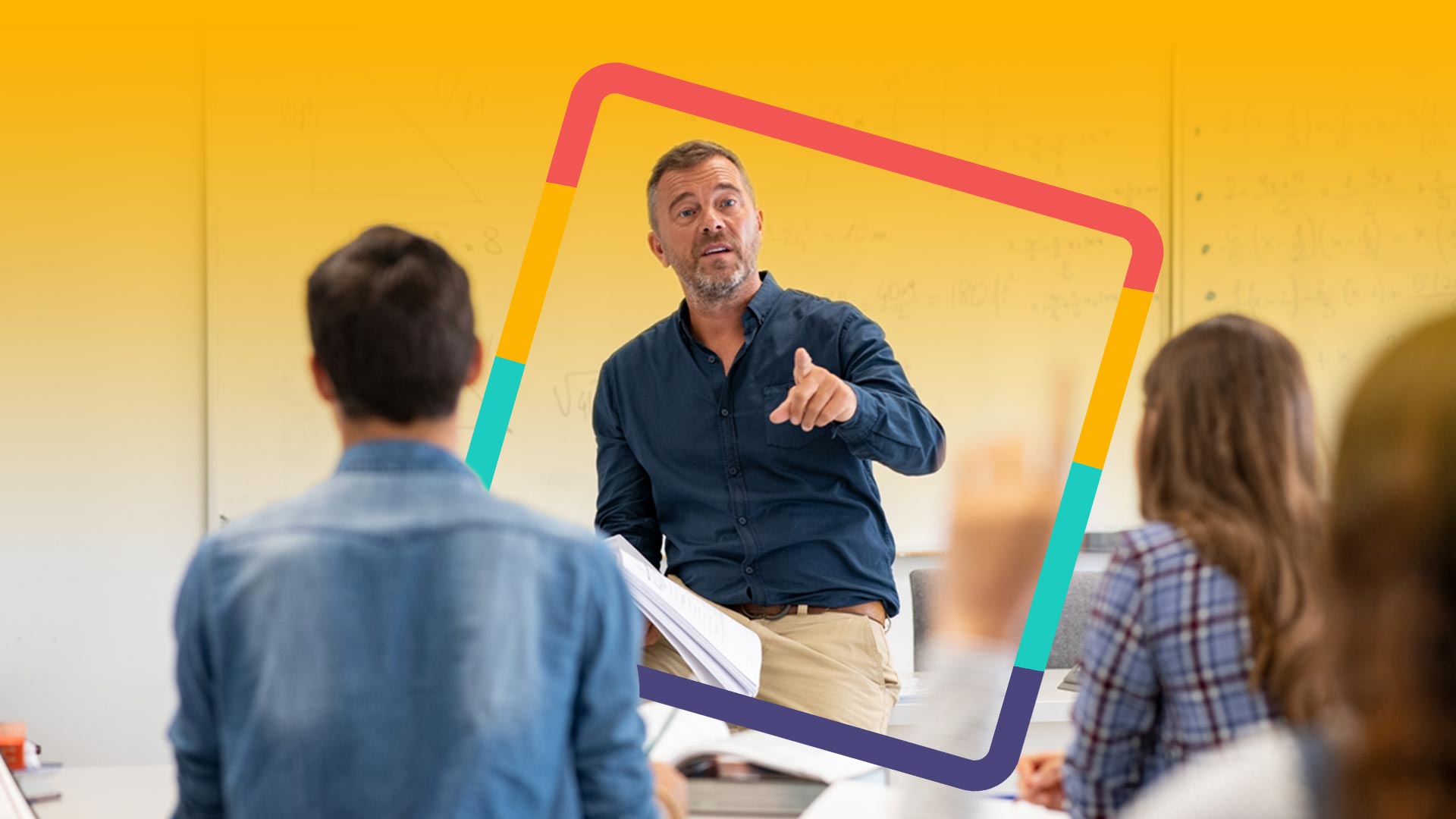
We are a reader-supported education publication. When you buy through links on our site, we may earn an affiliate commission to help us keep providing content.
Education has a profound effect on societal development. Communities with accessible learning systems have better healthcare, economic stability and employment opportunities. Various historic leaders examined the benefits of education, creating unique strategies for universal learning.
Horace Mann
Horace Mann developed a strong educational value following a personal experience in the school system. He was a poor child who had a difficult time attending school because of financial inequality. Even with a limited early learning experience, he defined all odds and attended Brown University.
After graduation, Mann entered the workforce as a lawyer and legislator. In 1837, the community elected him as the Secretary of the Massachusetts Board of Education. He spent his time in the position of enacting educational reform.
Mann ensured every child in the state had access to an adequate education. He allocated a portion of local taxes to support free education. His efforts spread beyond Massachusetts as other legislators adopted similar educational systems.
Mary McLeod Bethune
Mary McLeod Bethune was born into slavery on a cotton farm in the late 1800s. With limited resources and access to education, she taught herself to read and write. After much struggle, Bethune traveled to college and became a missionary.
Following graduating, she became a teacher in Florida. Bethune established an African American school for girls, providing equal access to education. She also worked in the Civil Rights movement, fighting for adequate equal learning opportunities for all races. President Franklin recognized her efforts, awarding her the advisor position for black conflicts.
Jean Piaget
Jean Piaget was a college-educated, swiss psychologist. He was a world-renounced early education fundamentalist. Piaget spent his career observing children and guiding educators, offering optimal teaching strategies.
He developed the ‘learn from your mistakes’ method, promoting the modern grading system. After many studies, Piaget concluded that children who can correct their mistakes retain information more accurately. In the process, children develop their learning methods, creating educational independence.
Teachers can also use common student errors to obtain insight into their development. They can construct a beneficial curriculum catering to individual needs. Piaget additionally established a developmental scale for teachers to evaluate student’s growth patterns.
Margret Bancroft
Another unique educational leader was Margret Bancroft. She devoted her life to special education, ensuring equal learning accessibility. When she was 29, she opened the first private boarding school for disabled children.
The Bancroft Training School provided specialized learning programs adapting to each student’s mental or physical needs. There, children received proper nutrition, exercise, sensory and artistic development, personal hygiene, daily prayer and unique courses. Bancroft trained teachers in individually tailored learning.
The school also brought students on recreational trips. Bancroft paved the way for the field of special education.
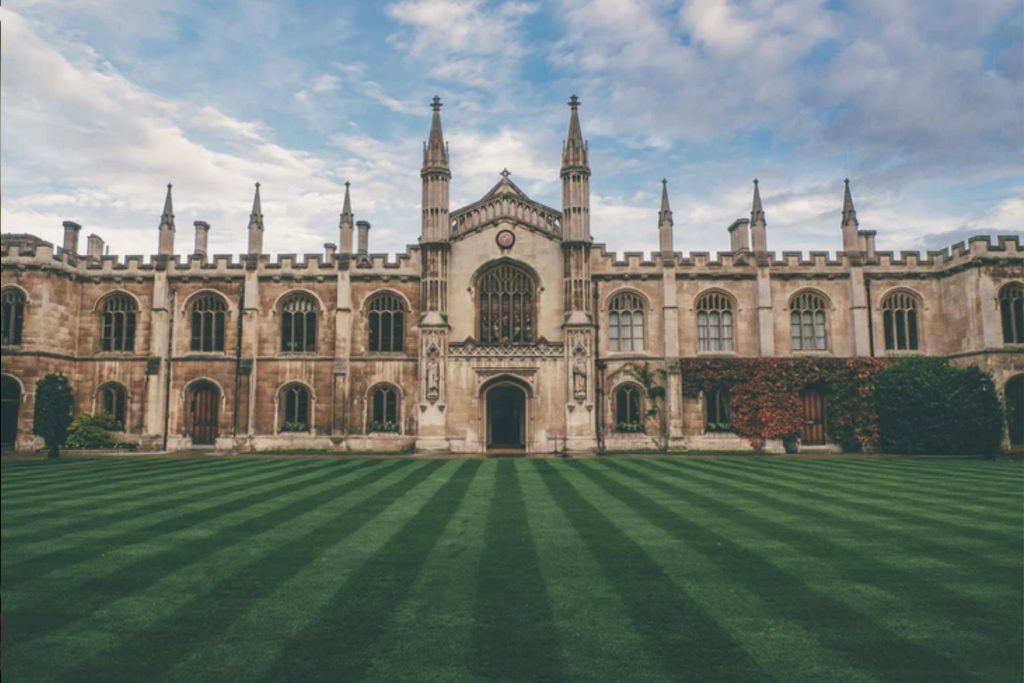
Maria Montessori
Maria Montessori was an Italian educational enthusiast from the 1800s. Many recognize her name from the chain of learning programs designated to her teaching style. She was an ambitious student and enrolled in an all-boys school at 13, pursuing a career in engineering.
She found her true calling in medicine throughout her education, receiving a degree. In 1907, Montessori utilized her wealth and education to support less fortunate children. She opened a school for economically disadvantaged and disabled students.
She gave children the tools to teach themselves. Her teaching style transmuted into the educational chain we know today.
Friedrich Froebel
Friedrich Froebel was the inventor of the kindergarten program. He revolutionized the way teachers evaluated early childhood education. His theory revolved around play, examining it as the highest form of early expression.
Froebel studied how play develops a child’s understanding of the world and their experience. Global educators adopted his theory, utilizing it for kindergarten programs. He also explored the importance of holistic learning approaches.
He considered a child’s health, environment, physical development, spiritual development, emotional wellbeing, mental ability and social relationships part of their education. Froebel used his unique educational perspective to design learning tools for children.

Charlotte Mason
Charlotte Mason was the Parent’s National Educational Union leader, devoting her career to educating children in line with their personhood. She believed that all children should have equal educational access, regardless of their economic class or upbringing.
Her learning methods revolved around mind-to-mind interactions. She established peer learning in the classroom and valued social development. Mason also believed students should learn appreciation and affection in school.
Useful Tools
As in-person learning picks back up in the fall, educators can evaluate traditional methods developed by educational leaders. After a year inside, students may need help relearning social skills. Teachers may utilize historical techniques of bringing students together through peer learning and group activities.






